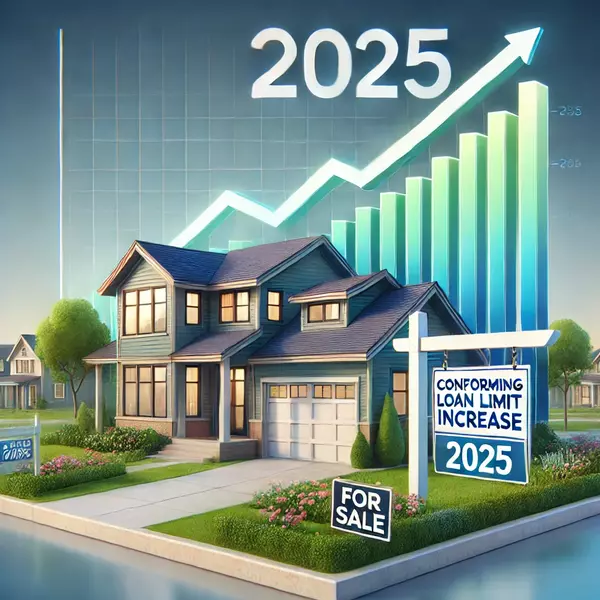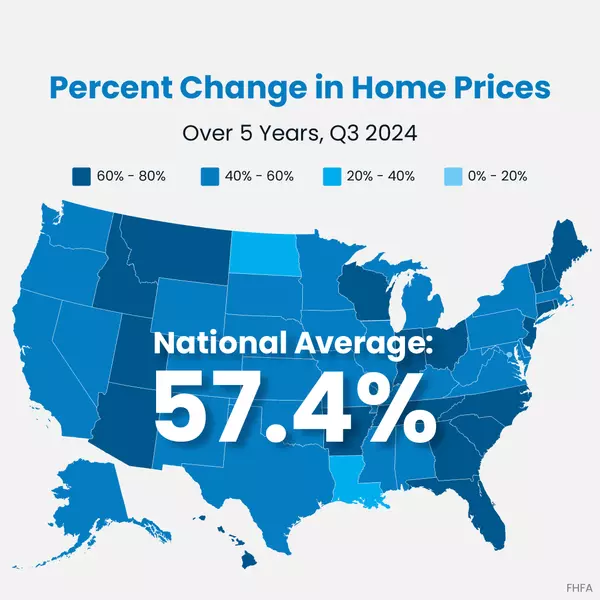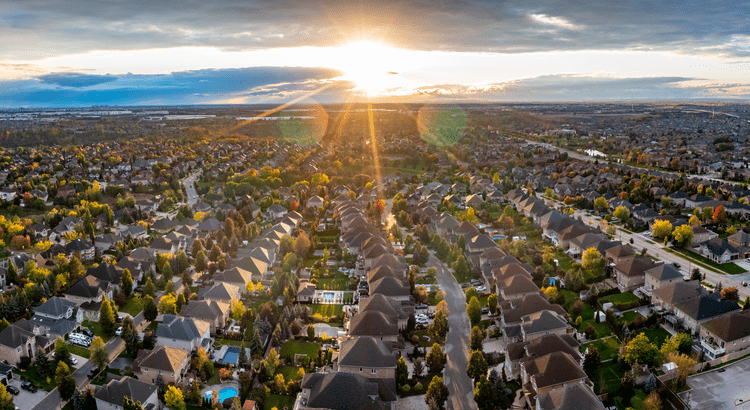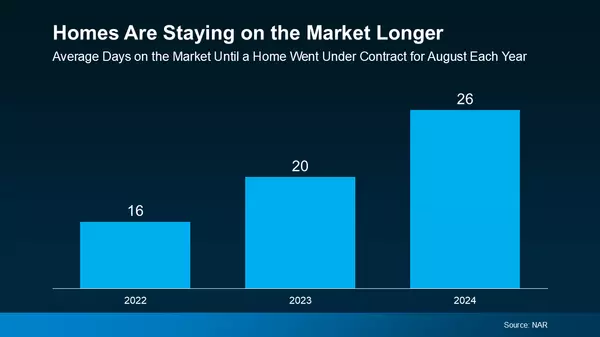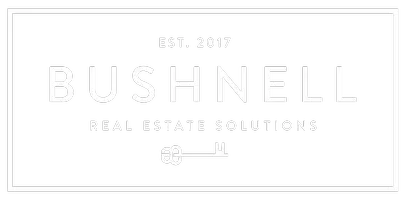MY BLOGS
AFFORDABILITY CALCULATOR
Quite affordable.
By registering you agree to our Terms of Service & Privacy Policy. Consent is not a condition of buying a property, goods, or services.
EXPLORE OUR FEATURED AREAS
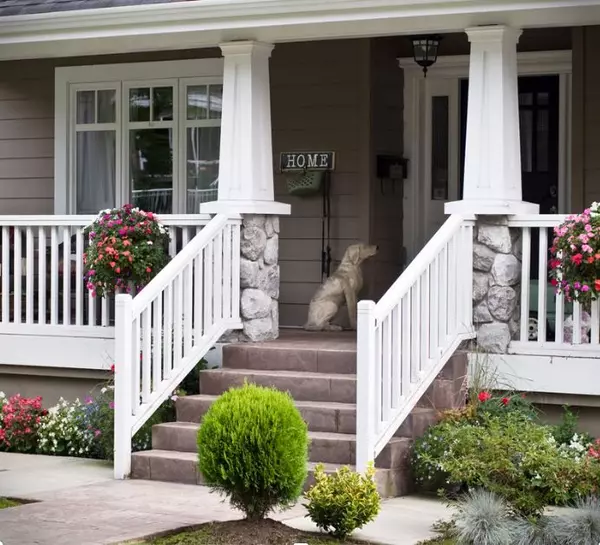
Everything about USDA Loans
When it comes to purchasing a home, especially in rural areas, many potential buyers are unaware of the benefits and opportunities offered by USDA loans. These government-backed mortgages are designed to help individuals and families achieve homeownership in eligible rural and suburban areas. In this blog, we will explore everything you need to know about USDA loans, focusing on buyers, mortgage specifics, and the neighborhoods they can help you access. ### Understanding USDA Loans USDA loans are part of the U.S. Department of Agriculture’s Rural Development program. They aim to promote economic growth and improve the quality of life in rural America. One of the most attractive features of these loans is that they require no down payment, making them an appealing option for first-time homebuyers or those with limited savings. ### Who Can Benefit? **Buyers** USDA loans are particularly beneficial for low-to-moderate-income buyers who may struggle to qualify for conventional financing. To be eligible, borrowers must meet specific income requirements, which typically *cannot exceed 115% of the median income for their area. This makes USDA loans an excellent option for families looking to stretch their budgets without sacrificing their dream of homeownership. *USDA Income Eligibility .pdf Document Download https://www.rd.usda.gov/sites/default/files/rd-grhlimitmap.pdf Additionally, borrowers must have a credit score of at least 640 to qualify for a USDA loan (*subject to lender overlays). However, those with lower scores may still be able to secure financing through manual underwriting processes. It’s essential for potential buyers to consult with lenders experienced in USDA loans to understand their options fully. ### The Mortgage Process **Mortgage Specifics** The mortgage process for a USDA loan is similar to that of conventional loans but has some unique aspects worth noting. First and foremost, the application process involves proving eligibility based on location and income. Lenders will verify that the property is situated in an eligible rural area as defined by the USDA. Once approved, borrowers can take advantage of competitive interest rates often lower than those found in conventional financing. Additionally, USDA loans do not require private mortgage insurance (PMI), which can save borrowers hundreds of dollars each month. There are two types of USDA loans: Guaranteed Loans and Direct Loans. Guaranteed Loans are issued by approved lenders and backed by the USDA, while Direct Loans are provided directly by the government to low-income applicants. Understanding which type best suits your needs is crucial in navigating the mortgage landscape effectively. ### Finding Your Dream Neighborhood **Neighborhood Considerations** One significant advantage of USDA loans is access to a variety of neighborhoods that might otherwise be overlooked by homebuyers focusing on urban settings. Many eligible areas offer spacious homes at affordable prices while providing a serene environment away from city congestion. When considering neighborhoods for a USDA loan, it’s essential to look at factors such as local amenities, schools, and community services. Many rural areas have strong community ties and offer a slower-paced lifestyle that appeals to families seeking safety and tranquility. Moreover, prospective buyers should research local market conditions as well as future development plans that could enhance property values over time. Some regions may offer incentives for new businesses or infrastructure improvements that could positively impact your investment. Check the USDA Property Eligibility MAP here: https://evergreennw.shortcm.li/USDA_Property_Eligibility ### The Application Journey The journey toward securing a USDA loan can seem daunting at first glance; however, understanding each step can simplify the process significantly: 1. **Pre-Qualification:** Start by finding a lender who specializes in USDA loans and get pre-qualified based on your financial situation. https://evergreennw.shortcm.li/USDA_Income_Eligibility 2. **Property Search:** Look for homes within eligible areas while keeping your budget in mind. https://evergreennw.shortcm.li/USDA_Property_Eligibility 3. **Application Submission:** Once you find your ideal property, submit your application along with necessary documentation like proof of income and credit history. 4. **Underwriting:** The lender will review your application during this phase; they may request additional information or clarification. 5. **Closing:** If approved, you’ll move on to closing where you’ll sign documents finalizing your mortgage agreement. ### Conclusion USDA loans present an incredible opportunity for many buyers looking to purchase homes in rural or suburban settings without hefty down payments or high-interest rates. With favorable terms designed specifically for low-to-moderate-income families, these loans can pave the way toward achieving homeownership dreams. If you're considering buying a home in an eligible area or want more information about how these loans work, reach out to local lenders who specialize in USDA financing. The journey may seem complex at first glance; however, with proper guidance and preparation, you could soon find yourself settling into your new home surrounded by nature's beauty and community warmth!
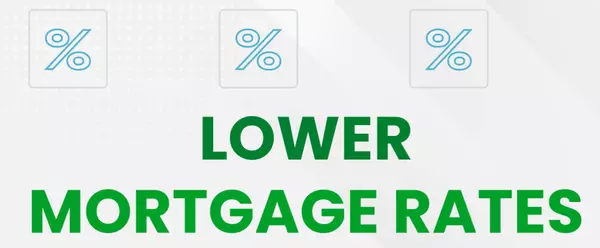
VIDEO - Lower Mortgage Rates Boost Your Buying Power
Check out Lower Mortgage Rates - Updated Daily As rates drop, your monthly payment on your next home will too. Let’s connect to talk about how today’s rates boost your purchasing power. #mortagerates #realestatenews #keepingcurrentmatters
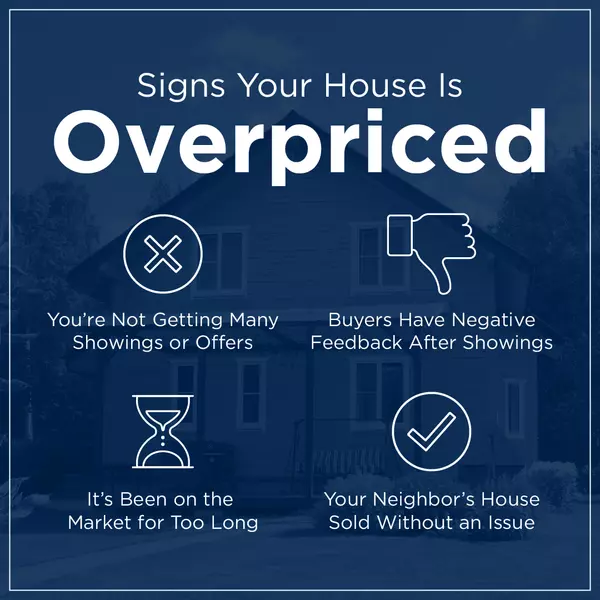
4 Signs Your House Is Overpriced
You want your house to sell quickly and for top dollar. But pricing it too high can seriously jeopardize those goals. So, once your house is listed, watch out for these 4 signs that it's overpriced. And if any of these are happening to you, be sure to lean on your agent to course correct. #realestatetips #realestateadvice #keepingcurrentmatters Is Your House Priced Too High? Every seller wants to get their house sold quickly, for as much money as they can, with as few headaches as possible. And chances are, you’re no different. But did you know one of the biggest things that could jeopardize your success is the asking price for your home? Pricing your house correctly is one of the most crucial steps in the selling process. So, how do you know if you’re missing the mark? Here are four signs your high asking price might be turning potential buyers away—and why leaning on your real estate agent is the best way to course correct. 1. You’re Not Getting Many Showings or Offers One of the most obvious signs your house may be overpriced is a lack of showings. If it's been on the market for several weeks and only a few buyers have come to see it—or worse, you haven’t gotten any offers—it could be a clear indication the price isn’t matching up with what buyers expect. Because buyers who have been looking for a while can easily spot (and write off) a home that seems overpriced. Your real estate agent will coach you through this, so lean on their experience for what you may want to try to bring more buyers in, including considering a price cut. 2. Buyers Have Consistent Negative Feedback after Showings And if after the showings you do have, comments from the potential buyers aren’t great, you may need to course correct. Feedback from showings is an important part of understanding how buyers see your house. If they consistently say it's overpriced compared to other homes they’ve seen, it’s time to reconsider your pricing strategy. Your agent will gather and analyze this feedback for you, so you can look at how your house stacks up in the market. They can also suggest specific improvements or staging changes to better justify your asking price, or recommend one that aligns with today’s buyer expectations. As the National Association of Realtors (NAR) explains: “Based on all the data gathered, agents may make adjustments to the initial price recommendation. This could involve adjusting for market conditions, property uniqueness, or other factors that may impact the property's value.” 3. It’s Been on the Market for Too Long And that lack of interest is ultimately going to lead to it sitting on the market without any serious bites. The longer it lingers, the more likely it is to raise red flags for buyers, who may wonder if something is wrong with it. Especially in today’s market with growing inventory, a long listing period means your house is stale – and that makes it even harder to sell. Your real estate agent will be able to give you perspective on how quickly other homes in your area are selling and walk you through what’s working for other sellers. That way you can decide together if there’s something you want to do differently. As a Bankrate article says: “Check with your agent about the average number of days homes spend on the market in your area. If your listing has been up significantly longer than average, that may be a sign to reduce the price.” 4. Your Neighbor’s House Sold Without an Issue And here’s the last one to watch out for. If similar homes in your area are selling faster than yours, it’s a clear sign that something is off. This could be due to things like a lack of upgrades, outdated features, or a less desirable location. Or, it may be priced too high. Your agent will keep you up to date on your competition and what changes, if any, you need to make your home more competitive. They’ll offer advice on small updates that could increase your home’s appeal or how to adjust your strategy to reflect the reality of the market today. Bottom Line Pricing a home correctly is both an art and a science. It requires a deep understanding of the market and buyer psychology. And when the price isn’t drawing in buyers, there’s no better resource than your agent on what you may want to do next.
Categories
Recent Posts
